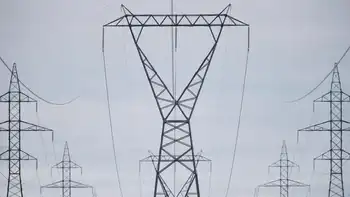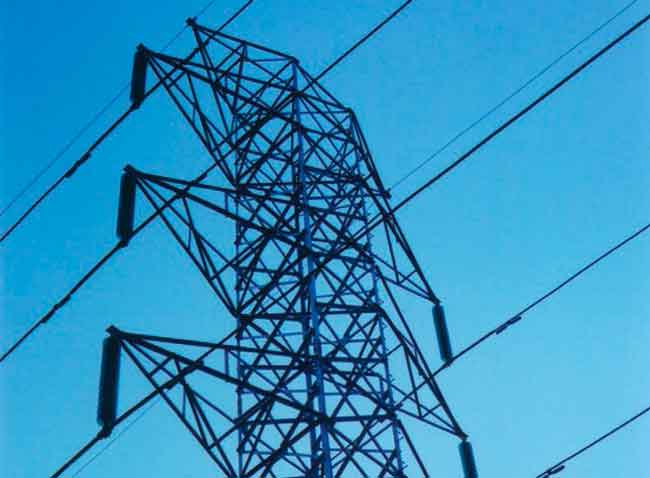EPA to place limits on power plant water pollution
The agency said that equipment required to reduce pollution in the air has increased harmful contaminants in water discharged by power plants, particularly heavy metals such as selenium, cadmium, mercury and lead. Current regulations do nothing to control metals and are not enough to protect water quality and wildlife, the agency said.
The agency said the new rules will be unveiled in 2012, but EPA Administrator Lisa Jackson is pushing for an earlier target date.
In a preliminary study released last year, the EPA found that only a fraction of the nation's power plants were using readily available technologies to remove pollutants before they are released into waterways. The water pollution comes from scrubbers that strip gases of acid-raining causing sulfur dioxide and coal ash storage ponds where power plants store the leftovers of burning coal.
A spill at a coal ash pond in Tennessee late last year, which flooded hundreds of acres of land, damaged homes and killed fish in nearby rivers, helped raise awareness about the toxic contents of coal combustion waste and has put increasing pressure on the government to take action.
The announcement comes a day after three environmental groups threatened to sue the EPA for failing to update its regulations, first put in place in 1982. Federal law requires the agency to review regulations annually and revise them if necessary, which the advocates say the agency failed to do.
"EPA should have limited these discharges decades ago as the law requires," said Eric Schaeffer, the executive director of the Environmental Integrity Project, which along with the Sierra Club and Defenders of Wildlife, informed the EPA of its plans to file a lawsuit.
Representatives of those groups said they still planned to pursue the case, and pressed EPA to set a firm deadline for the new rules.
But Scott Segal, director of the Electric Reliability Coordinating Council, a coalition of power companies, urged EPA to take its time. He also said the agency is obligated to consider the cost of any new regulations.
"The power sector is already heavily regulated," Segal said. "Failure to adequately consider cost hurts consumers."
Related News

UCP scraps electricity price cap, some will see $7 bill increase this month
EDMONTON - Electricity will be more expensive for some Edmontonians in December after the UCP government scrapped a program that capped rates.
Effective Nov. 30, the province got rid of the price cap program for Regulated Rate Option customers.
In 2017, the NDP government capped the kilowatt per hour price at 6.8 cents, meaning Edmontonians would pay the market rate and not more than the capped price.
In December, kWh will cost 7.5 cents. Typical Edmonton homes use an average of 600 kWh, increasing bills by $7.37, or 3.9 per cent, compared to November.
The NDP created the capacity system to bring price stability…




